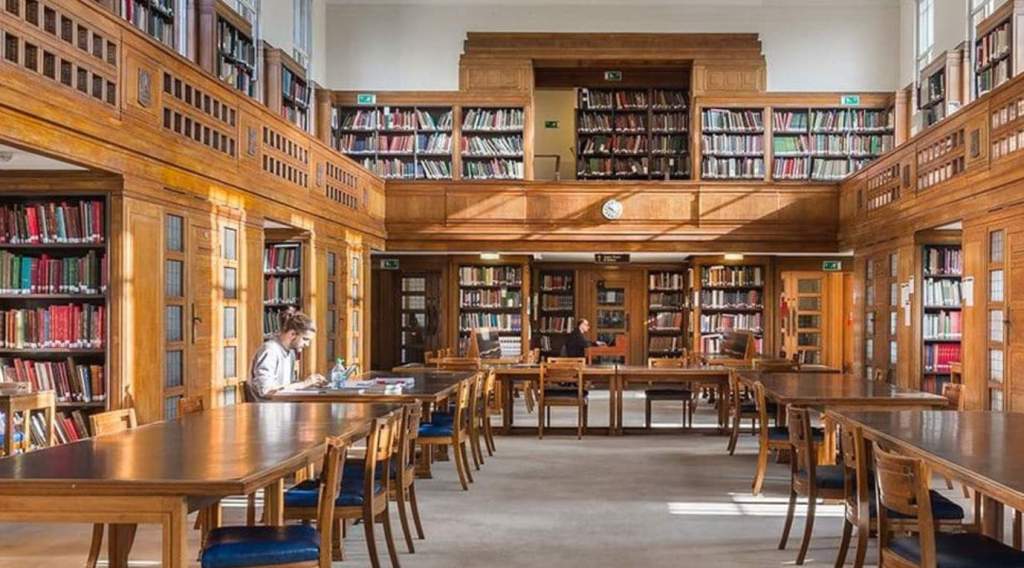In the digital age, where information is just a click away, the role of libraries in education may seem diminished. However, far from being obsolete, libraries have undergone a transformation to become dynamic hubs of learning and innovation. In the 21st century, libraries play a pivotal role in education, offering much more than a repository of books. They are evolving into collaborative spaces that foster creativity, critical thinking, and lifelong learning.

Digital Resources and Accessibility
One of the most significant changes in libraries is the integration of digital resources. In the past, libraries were primarily associated with physical books. Today, they offer vast digital collections, including e-books, online journals, and databases. These resources provide students and educators with quick and convenient access to a wealth of information, and external academic partners, such as essay writing services and tutoring centers. In a time when information literacy is paramount, libraries are at the forefront of teaching students how to navigate the digital landscape, evaluate sources, and distinguish between credible and unreliable information.
Collaborative and Creative Spaces
21st-century libraries are designed to facilitate collaboration and innovation. They have transitioned from silent reading rooms to vibrant spaces where students can work together on projects, engage in discussions, and explore their creativity. Many libraries now feature maker spaces equipped with tools like 3D printers and laser cutters, encouraging hands-on learning and the development of practical skills. These spaces foster a culture of experimentation and problem-solving, preparing students for the demands of a rapidly changing world.
Information Literacy and Research Skills
Librarians play a crucial role in education by teaching information literacy and research skills. They help students learn how to formulate research questions, locate relevant sources, and cite them properly. In an era of fake news and information overload, these skills are indispensable. Librarians also collaborate with educators to integrate research projects into the curriculum, ensuring that students develop the critical thinking and analytical skills needed to navigate a complex information landscape.
Diversity and Inclusion
Modern libraries are champions of diversity and inclusion. They provide a wide range of resources that reflect diverse perspectives, cultures, and experiences. By offering books and materials that resonate with all members of the community, libraries create inclusive environments where individuals can explore and celebrate their own identities while gaining an understanding of others’. This exposure to diverse perspectives is an essential component of a well-rounded education in the 21st century.







